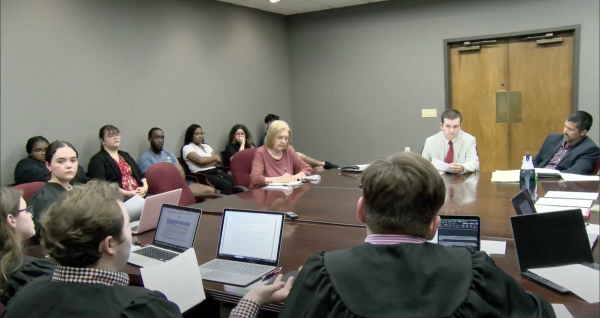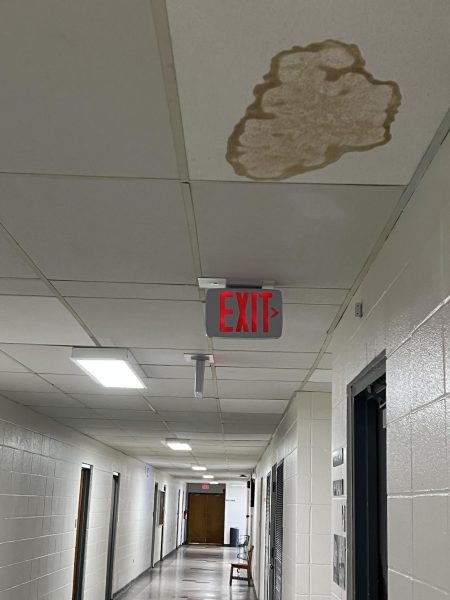College students should think before they spend money
As students around Nicholls State University’s campus get back into the swing of living a college lifestyle, they should also remember how to save money.
Most college students find themselves hanging in the balance, or maybe even sometimes broke, while trying to get through one semester of school. After all of the grants, scholarships and loans, many students still find it hard to pay for various things that they either want or need. With the rise of fees, learning to watch your spending on items can help save a few bucks.
To save money, you must first budget. Money management may sound way too technical, but being a bit savvy with your cash is more than okay when trying to save.
One way to manage your money is to simply check your bank or checking accounts. Swiping debit or credit cards without knowing how much money you’re actually working with is not only risky and senseless, but can lead you down a path of debt. Depending on your bank, you can actually be swiping your card while in the negative, meaning you more than likely have to pay your bank a fee for insufficient funds. When dealing with banks, make sure you can access any accounts you have through online banking and that you can manage paying bills on time to avoid fees.
After budgeting your accounts, think about things you actually “need” to buy and not necessarily “want” to buy.
For example, every student needs books. At the same time, anyone who has ever walked into a college bookstore might have ran out after looking at a few prices. Before spending one cent on books, try to think about if there is anyone around who may have the book you need. Don’t be too cool to borrow if you can. Depending on the subject, buying used textbooks will almost always suffice. Algebra hasn’t changed much since the 1880s, so there’s no need to buy the 2015 edition of a book from the same publisher releasing the same material. Buying books online is also pretty popular.
For most college students, liquor is a definite favorite beverage. According to AlcoholPolicyMD.com, college students spend about $5.5 billion on alcohol each year— especially beer. There are also a few ways to enjoy saving money while maintaining a love for brews.
One way to save money on beer is to not drink. If you must though, buying cheap beer is also an option. For those who are not into cheap beer, try things like bringing less money to the bar, buying in bulk at the bar by going with pitchers or in desperate times, do the unthinkable— switch to wine. Remember that you’re trying to save, so buy cheap wine.
The top priority of any college student is food. Eating healthy and eating fast is something college students should have in mind when thinking about what to eat. When trying to save money, think a little more technical when purchasing food items. If you’re staying on campus, purchasing a meal plan and actually using it could help. Buy foods that help you get by when hungry. Oatmeal, peanut butter and jelly sandwiches and nuts are food items that are fast, affordable and filling. Healthy options may be yogurt, bagels and string cheese. Try collecting coupons at local grocery stores. In worst case scenarios, find a quarter; it’ll be more than enough for a famous dorm room entre— Ramen Noodles.
As you go through the semesters, one thing that will remain is how expensive college is. Overthinking how you budget can only help in the long run. While in college, now is the time to start thinking seriously about budgeting money. When you get out into the world, you’ll know something about saving money.











![Nicholls Garrett Felix [#6] advances to first base after drawing a walk against Louisiana on April 2.](https://thenichollsworth.com/wp-content/uploads/2024/04/FelixWalk-at-UL-600x400.jpg)
